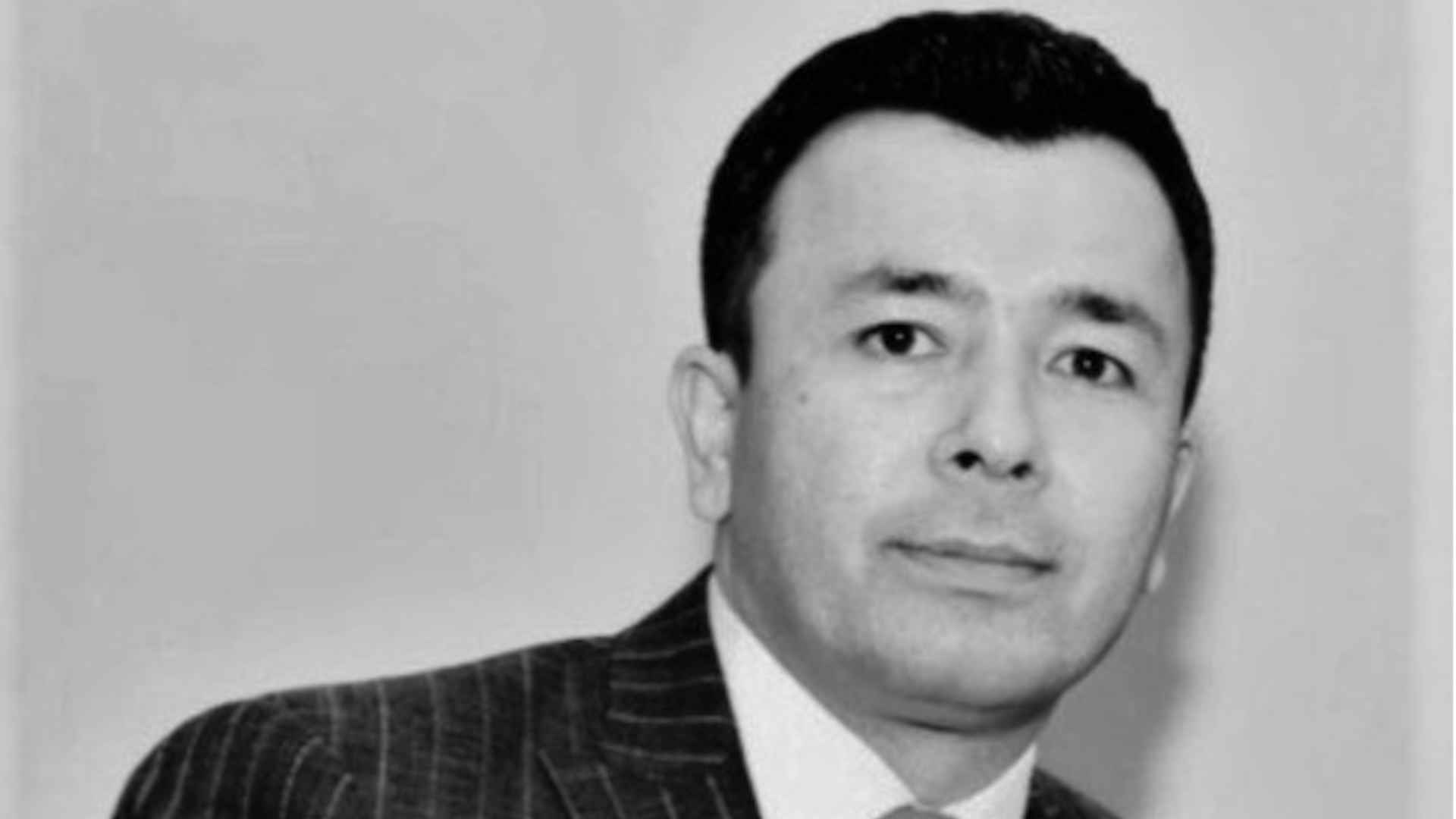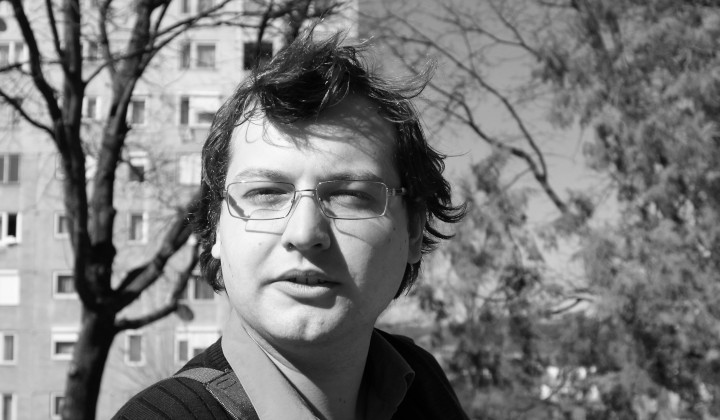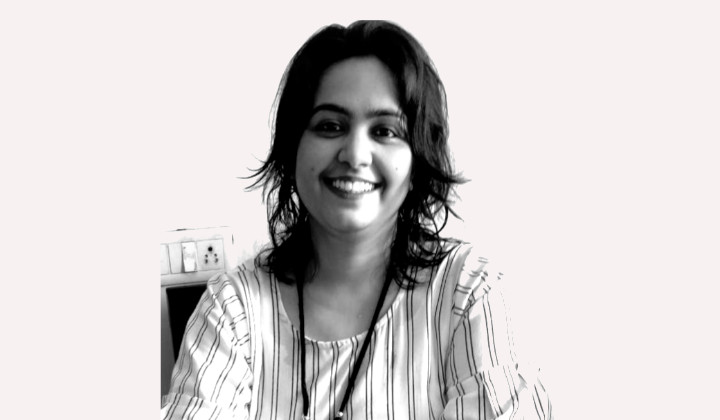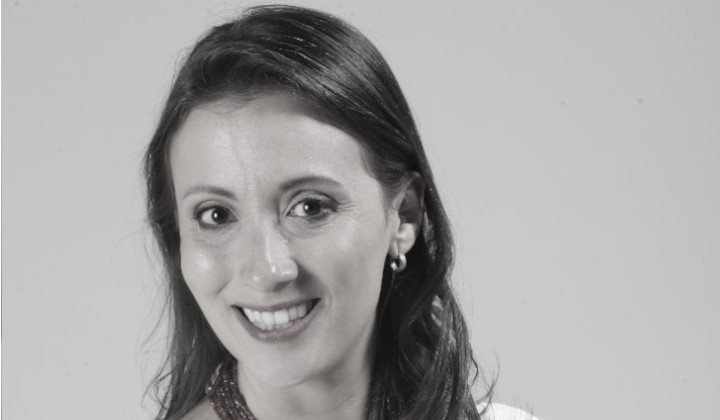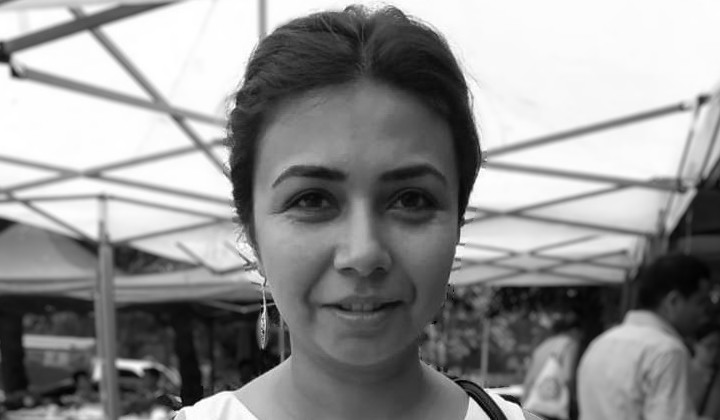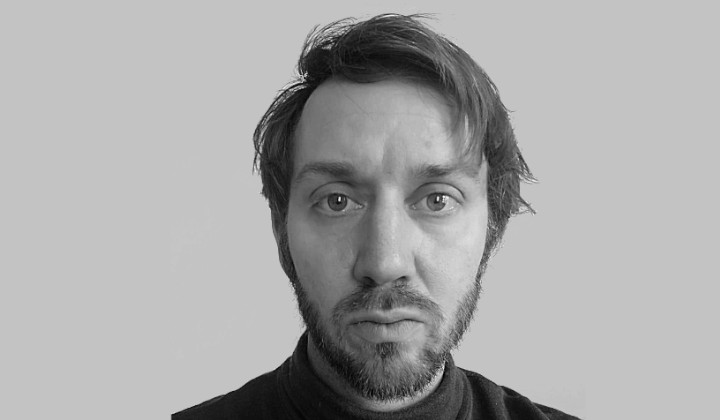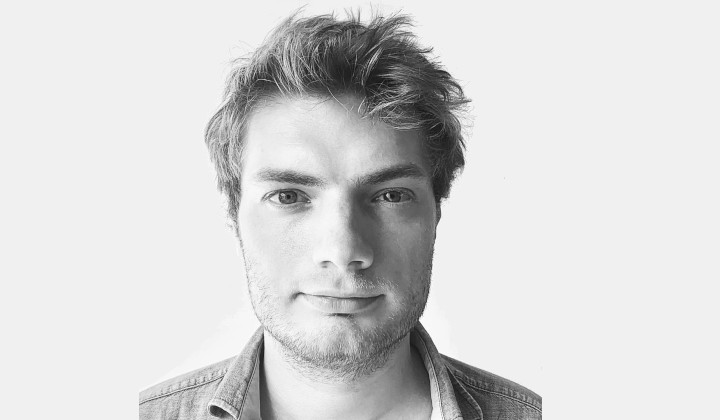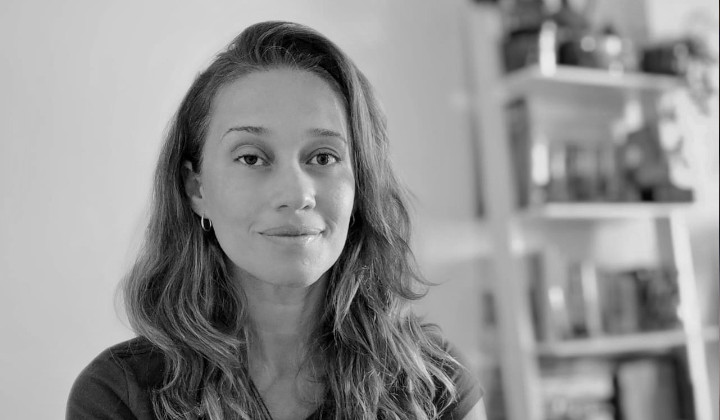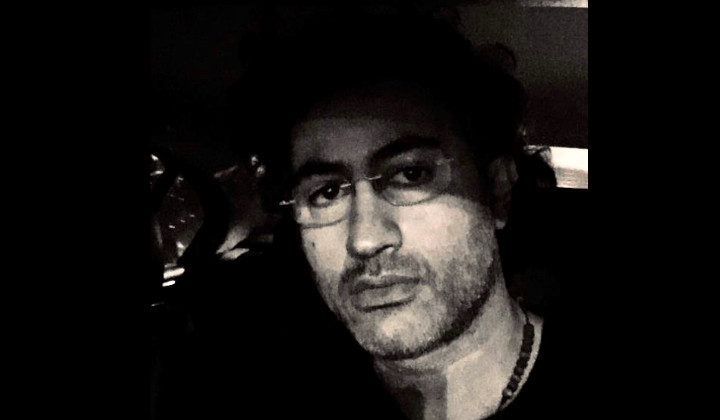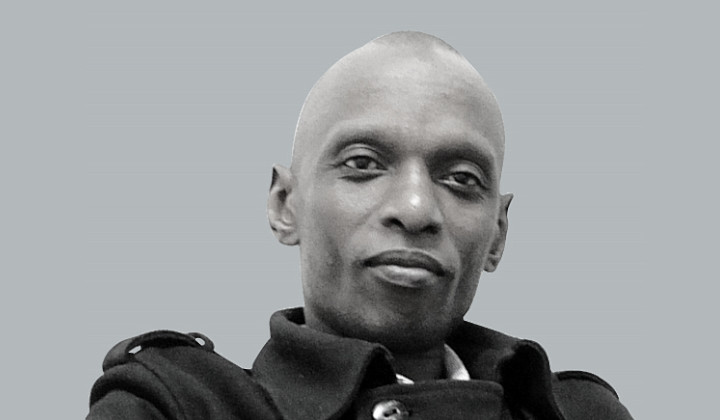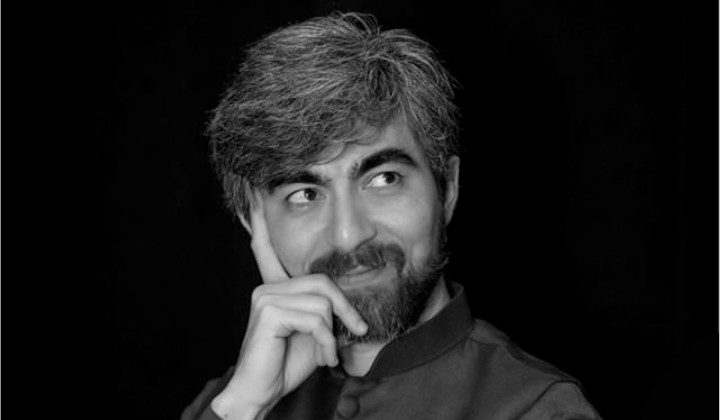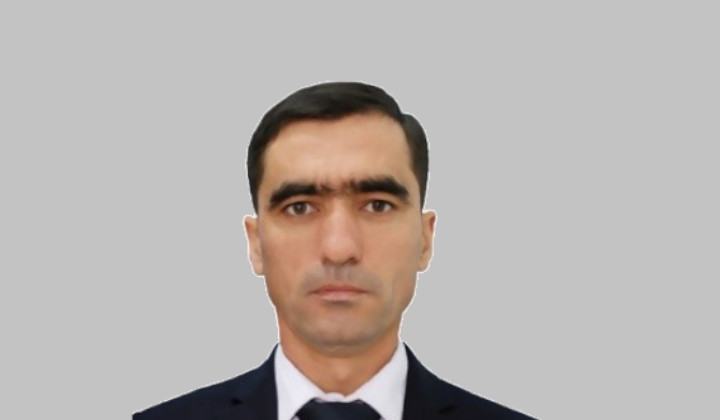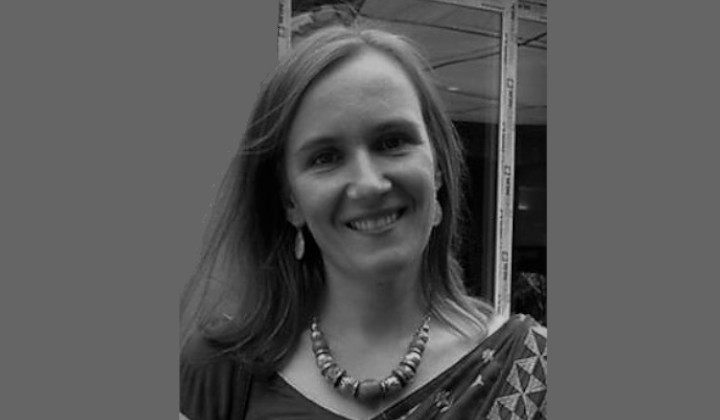„Good communication can save lives”
A portrait about Tania Valbuena from Colombia.
written by

Timo Kurth
The Corona Crisis is also a crisis of truth. Fake news and adventurous conspiracy theories are currently flooding the web: There are many websites where we can read that Bill Gates is to blame for everything. Elsewhere, COVID 19 is just an invention, used as a reason to force a vaccination on us and planed by a “secret world government”. Of course, behind closed doors. Tania Valbuena fights these untruths with scientific facts. As a science journalist, who studied epidemiology in Colombia, she is currently writing as many texts as possible to enlighten the Spanish-speaking population, especially in South America.
Her path to becoming a successful online-journalist was far from predetermined. The profession of journalism has a bad reputation in Colombia: on the one hand, it is dangerous to report in a country that has been living in civil war-like conditions for 50 years. Between the armed conflicts of the army, guerrilla fighters and paramilitary groups, media workers are often kidnapped or killed. There is no freedom of the press there. After Mexico, it is the most dangerous country for journalists in South America.
But the security aspect was not the key for Tania's parents to discourage their daughter from a journalistic career. In her mind journalists had an insecure job, too little money and a lack of career opportunities. "My family wanted me to study science and not communication", Tania recalls today. "They wanted me to have job opportunities and journalism isn't very competitive in Colombia."
Tania Valbuena therefore followed the recommendations of her parents. After graduation, she went to public administration – a secure job in Colombia. But as an epidemiologist, she can also organize many successful communication campaigns against infectious diseases such as malaria, thought disorder or the Zika virus. In a country suffering from poor medical care, education and communication are the best protection for the population. "From that moment I fell in love with communication because I saw that good communication can save lives," she says enthusiastically.
As much as Tania liked her work in Colombia, the possibilities in the colombian media landscape are limited and she dreamed of becoming a science journalist. She therefore decided to leave the country in order to complete an appropriate training in web-journalism. By chance, she got the opportunity to work with the journalistic website nmas1.org and went to the USA. There again she is able to establish contacts with the International Science Writer Association (ISWA) and goes to Switzerland as a scholarship holder, where she received a journalistic training and financial support. Later, she wanted to give something back to her homeland, and so she built up a network of science journalists there. For example, she is the vice president of the Colombian Association of Scientific Journalism and held several events to position science communication and draw attention to investments by the government
To this day, she works for nmas.org as an editor. Nmas1 is an online magazine specialized in science and technology, it is for Hispanic public, especially in Latin America and Spain. It has collaborators in different countries, Colombia, Peru, Mexico, Argentina and Spain. Tania writes about health topics – at the moment there is hardly any other topic than Corona for her. She also notices this in her day-to-day work. She is presently travelling for her research across the South American continent, but she is currently stuck in a small hotel room in Peru. Due to travel restrictions, she is not allowed to travel or leave. "It is sad to be away from the family in such a situation," she says.
At the moment Tania has a lot of texts to write – but also a lot of things to read. She often gets angry when she reads how irresponsibly some politicians are dealing with the corona pandemic, especially in South America. An important personality like Brazilian President Bolsonaro, who doubts the existence of the virus and spreads the craziest conspiracy theories, has a big influence on the population, especially the poorer and less educated parts of them. "A lot of people listen to what he says, but that puts lives at risk. Every day", says Tania angrily.
Tania is certain that the Corona Crisis will keep her and the countries of South America busy for a long time to come. Longer than the countries from the global north, which have a good health system and more financial resources. “I feel that first world countries have advantages over social determinants of health and more investment in science and supports in their health systems that make it a little easier to manage." She thinks, it could take another two years before a vaccine arrives in South America. And for her one of the biggest challenges of this new virus is that so little is known about it. As a science journalist, she sees this as her task, to be a translator for her readers. Because she knows: Good communication can save lives.
To the article

The endless pandemic
By Timo Kurth



